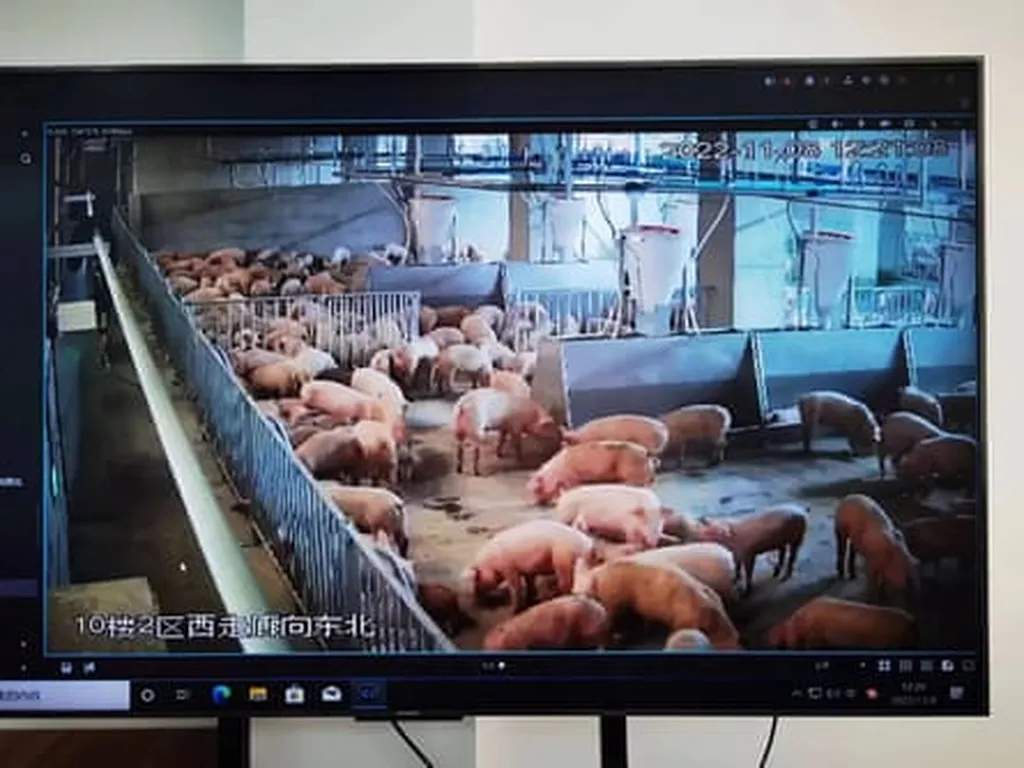In the ever-evolving landscape of agricultural technology, a groundbreaking study has emerged that could revolutionize the way we manage energy distribution in smart farms. Researchers have developed an innovative control strategy for direct current (DC) microgrids, which are crucial for powering modern agricultural equipment and facilities. This new approach, published in the journal *Actuators*, addresses the pressing issues of cybersecurity and energy efficiency, offering a robust solution for the agriculture sector.
The study, led by Fuqiang Li from the College of Sciences at Henan Agricultural University, introduces an event-driven dynamic output feedback dissipative fuzzy (EDDOFDF) control strategy. This method is designed to handle the complexities of DC microgrids, which are often plagued by nonlinear constant power loads (CPLs) and subjected to hybrid attacks and noises. “Our goal was to create a system that not only ensures stability and efficiency but also actively mitigates the impacts of cyber threats,” Li explained.
One of the key innovations in this research is the development of a Zeno-free resilient event-triggered communication mechanism (RETM). This mechanism is designed to save valuable network resources such as bandwidth while actively excluding attack-induced packet dropouts. “By integrating this mechanism, we can significantly enhance the reliability and security of DC microgrids, which is crucial for the agricultural sector where uninterrupted power supply is essential,” Li added.
The research also establishes a closed-loop switched fuzzy system model, providing a unified platform to study the impacts of hybrid attacks, RETM, noises, microgrid plant, and controllers. This comprehensive approach allows for a deeper understanding of the interactions between these various components, paving the way for more robust and secure energy management systems.
The study further introduces exponential stability conditions in mean square with guaranteed dissipative performance, ensuring that the system remains stable and efficient even under adverse conditions. “Our findings provide a solid foundation for the design of both EDDOFDF controllers and state-feedback switched fuzzy controllers, which can be tailored to meet the specific needs of agricultural applications,” Li noted.
The implications of this research for the agriculture sector are profound. As smart farms increasingly rely on DC microgrids to power their operations, the need for secure and efficient energy management systems becomes paramount. The EDDOFDF control strategy offers a promising solution, ensuring that agricultural equipment and facilities can operate smoothly and securely, even in the face of cyber threats and power fluctuations.
Moreover, the study’s focus on dissipative control and event-triggered mechanisms highlights the importance of energy efficiency and resource management in agricultural settings. By optimizing energy distribution and minimizing waste, farmers can reduce their operational costs and environmental impact, contributing to a more sustainable and profitable agricultural industry.
As the agriculture sector continues to embrace technological advancements, the development of robust and secure energy management systems will play a crucial role in shaping the future of smart farming. The research led by Fuqiang Li from Henan Agricultural University represents a significant step forward in this direction, offering valuable insights and innovative solutions for the challenges ahead.
In the words of Li, “This research not only advances our understanding of DC microgrids and their control strategies but also opens up new possibilities for the agricultural sector. We are excited to see how these findings will be applied in real-world settings and contribute to the growth and sustainability of smart farming.”

